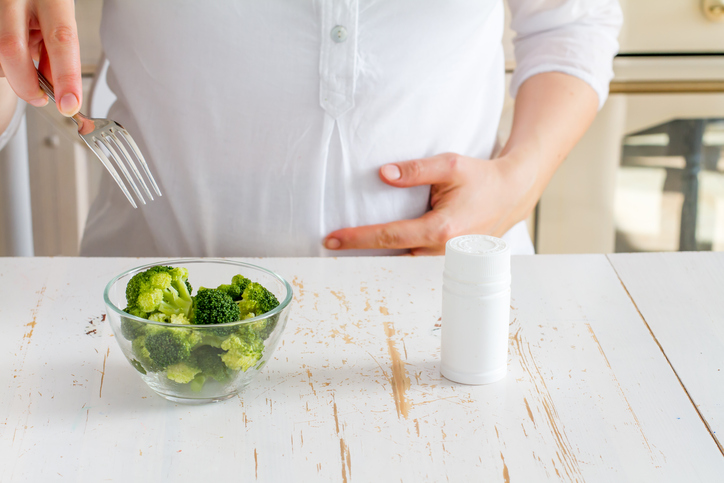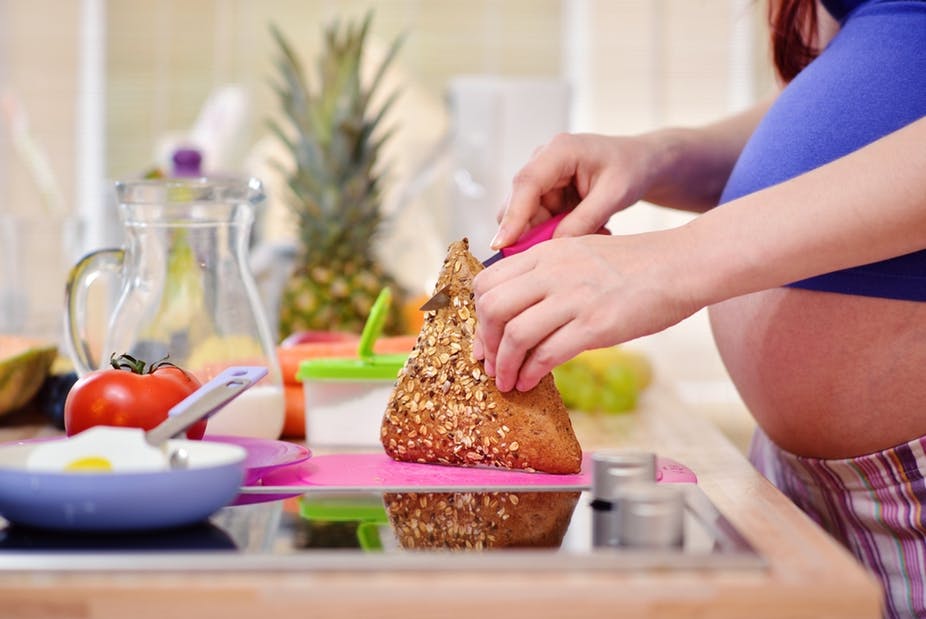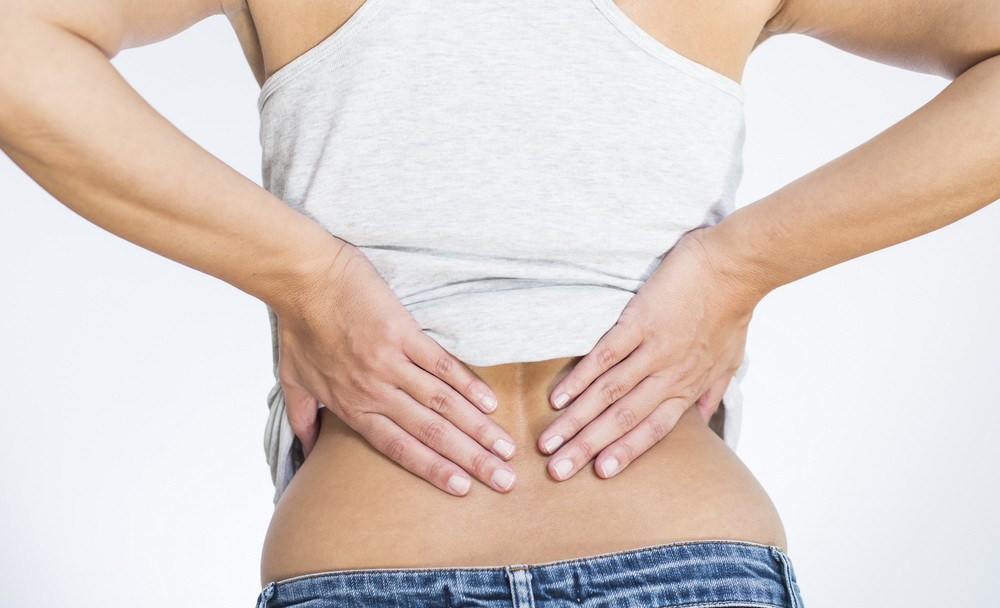Contents:
- Medical Video: Nutrition Tips : Diet for Healthy Pregnancy
- What happens during the first trimester of pregnancy?
- What are the first trimester pregnancy nutrients that are important for pregnant women?
- 1. Folate
- 2. Protein
- 3. Vitamin A
- 4. Calcium and vitamin D
- 5. Iron
Medical Video: Nutrition Tips : Diet for Healthy Pregnancy
Pregnancy for 9 months is very important. In fact, every week the fetus in the womb performs various important developments. For this reason, it is important for pregnant women to meet their nutritional needs. Nutrition is very instrumental in supporting every growth and development carried out by the fetus in the womb, starting from the beginning of pregnancy until the mother gives birth. Then, what are the first trimester pregnancies that are important for pregnant women to fulfill?
What happens during the first trimester of pregnancy?
The first trimester of pregnancy lasts from the first week to the 13th week of pregnancy. These are important weeks for the development of your fetus. Starting from fertilization, then the fertilized egg attaches to the uterine wall.
Then around the 5th week of pregnancy is the embryonic period (where the brain, spinal cord, heart, and other organs begin to form). The following week the baby's body parts also begin to form, such as the head, eyes, mouth, neck, feet, hands, and others.
See the many important developments of the fetus, so it is important for pregnant women to fulfill nutrition in the first weeks of pregnancy. This is very important for the survival of the baby in the future. Lack of important nutrients during this period can result in disruption of the growth and early development of the baby. This result can become permanent until the baby is born.
What are the first trimester pregnancy nutrients that are important for pregnant women?
Some of the first trimester nutrients that are important and must be fulfilled by pregnant women are:
1. Folate
Folate is very necessary in the first trimester of pregnancy. In fact, it is highly recommended to fulfill these nutrients before becoming pregnant. Why? Because at the beginning of pregnancy folate is needed to support the development of the baby's brain and spinal cord. Lack of folate intake in the first trimester of pregnancy can cause the baby to experience birth defects.
You can get folate from green vegetables (such as spinach, kale, asparagus, and broccoli), citrus fruits (like oranges), and nuts. Some of you may also need to get folic acid supplements during pregnancy (as recommended by your doctor).
2. Protein
The main function of protein is as a body building agent, which is needed to form new cells and also to repair cells. So, protein is very necessary in the first trimester of pregnancy, where many cells, tissues, and organs develop in the fetus.
You can get protein easily, from eggs, tofu, tempeh, fish, chicken, meat, nuts, milk, and dairy products. In a day, you need to consume protein sources at least 2-3 servings.
3. Vitamin A
Your vitamin needs increase slightly during pregnancy. Vitamin A is needed for baby's vision development, also to improve the baby's immune system. Vitamin A is also needed for the development of womb baby cells. You can get your vitamins from vegetables and fruits.
It is better to avoid consumption of liver and its products (such as cod liver oil). The content of vitamin A which is very high in liver can actually endanger pregnancy. You may not need to take vitamin A supplements.
4. Calcium and vitamin D
Both of these nutrients are needed by the baby for the growth of bones and teeth. Calcium also helps blood circulation, as well as the work of the muscles and nerves. You can get calcium from milk and its products, such as cheese and yogurt. Certain vegetables also contain calcium, such as broccoli and kale. Calcium can also be obtained from fish eaten with the bones, such as anchovy, sardines and salmon. You can also get Vitamin D from salmon and other fatty fish.
5. Iron
During pregnancy, you need more iron because your blood production increases. This iron is used to make hemoglobin (which functions to circulate oxygen throughout your body and fetus). Lack of reserves or iron intake during pregnancy can make pregnant women at risk of developing iron anemia. Severe iron anemia during pregnancy can increase the risk of preterm birth, low birth weight babies (LBW), and postpartum depression.
You can meet your iron needs from lean red meat, chicken, fish, green vegetables (like spinach and broccoli), and nuts.












